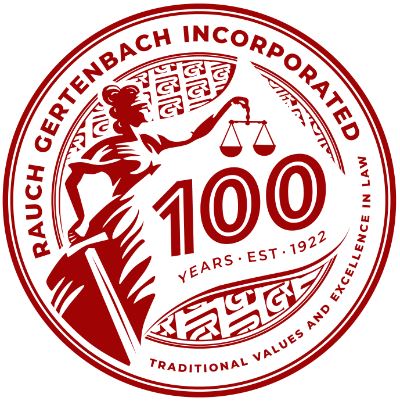Sponsored Content
BUSINESS NEWS - Mortgage bond loans are a type of loan used by individuals or businesses to generally purchase immovable property other than by means of cash.
The loan is secured by way of a mortgage bond registered over the immovable property itself, meaning that if the borrower defaults on the loan, the lender (usually the Bank) has the right to seize your property and sell it on auction to recover the outstanding debt owed in terms of the loan agreement.
When purchasing immovable property, should the purchaser be in need of financial assistance, a suspensive condition will be added to the offer to purchase stating that the purchaser is required to obtain mortgage bond approval within a specified period.
The purchaser can apply directly to banks or make use of a bond originator who will assist and guide the mortgage bond application process.
A bond originator is a specialised professional and will apply and negotiate terms, conditions and interest rates etc. on behalf of the borrower.
The bank or lender assesses the applicant’s financial position, including their income, credit score, and the value of the property being purchased, before approving the loan. The bank will then issue a quotation setting out the amount, terms, interest rate and other conditions.
Once the borrower accepts the quotation, the bond registration process will commence. The bank appoints a conveyancing attorney firm specifically serving on the bank’s panel. An attorney not listed on the bank’s panel cannot attend to the registration of the mortgage bond.
The instructed conveyancing attorney will attend to the drafting and registration of the mortgage bond.
The bond registration attorney’s registration fees are separate fees to the property registration fees and both accounts need to be settled by the purchaser prior to registration of the property and registration of the mortgage bond, on request of the attorneys.
As soon as the borrower has signed all the relevant mortgage bond documents with the bond registration attorneys, the documents are uploaded to the bank in order for the bank to issue a “proceed” that all requirements have been met and the mortgage bond can be registered.
The registration process is similar to a property registration and if you purchase a property by means of a mortgage bond, the property transfer and mortgage bond registration will happen simultaneously at the deeds office.
Several factors influence the dynamics of mortgage bonds in South Africa. One of the most significant is the interest rate set by the South African Reserve Bank (SARB). The interest rate determines the cost of borrowing and can have a major impact on mortgage repayments.
When the SARB raises interest rates, monthly mortgage repayments increase, which may reduce the affordability of homes for some buyers.
Conversely, when interest rates are low, borrowing costs decrease, making it easier for individuals to afford mortgage repayments and increasing demand for home loans.
The SARB regulates financial institutions and the overall mortgage bond market. The National Credit Act (NCA) governs the granting of credit, by credit providers, including mortgage loans, aiming to protect consumers and ensure responsible lending.
As South Africa’s housing market continues to evolve, mortgage bonds will remain a central mechanism for financing immovable property purchases, with both opportunities and challenges for borrowers and lenders alike.
Rauch Gertenbach Inc. serves on the panels of four major banks, being ABSA Bank, Standard Bank, First National Bank and Nedbank. The firm assisted, and continues to assist, in countless successful mortgage bond registrations and correspondent matters.
Article by Lorandi van der Merwe (BCom Hons, LLB)
- For more information, kindly contact lorandi@rgprok.com or 044 601 9900.
- www.rgprok.com
- https://www.facebook.com/rgattorneys


‘We bring you the latest Garden Route, Hessequa, Karoo news’
















